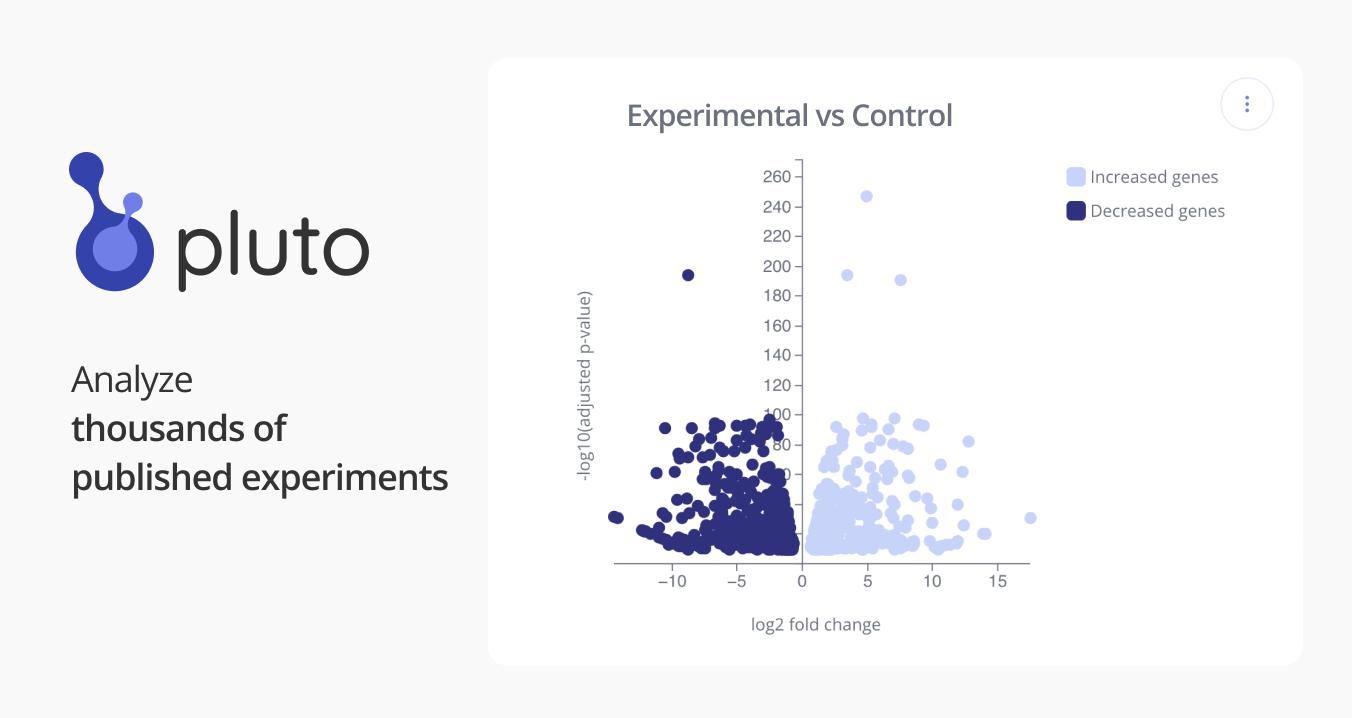Pluto Bioinformatics
GSE95853: Metallothionein I as a direct link between therapeutic hematopoietic stem/progenitor cells and cerebral protection in stroke
Bulk RNA sequencing
Background: Increasing evidence indicates stem cell transplantation may be an effective stroke treatment but little is known about the direct impact of transplanted cells on injured brain tissue. We investigated the effects of lineage negative murine hematopoietic stem/progenitor cells (HSPCs) on the cerebral microcirculation following ischemia-reperfusion injury (I/RI). Following subsequent evaluation of the mRNA transcriptome of the explanted HSPCs, we assessed whether metallothionein (MT)-1, (increased in explanted HSPCs from I/R mice) administration was able to evoke similar neuro-protection following cerebral I/RI.; Methods and Results: Murine HSPCs administered intravenously 24 hours (h) post cerebral I/R were selectively recruited to the brain of I/RI mice. Mice treated with HSPCs displayed decreased disease severity for up to 2-weeks post cerebral I/R, as evidenced by decreased mortality rate, decreased infarct volume, improved functional outcome, reduced microglial activation and elevated plasma levels of anti-inflammatory interleukin-10. Using confocal intravital microscopy, we found that transplanted cells had emigrated into the brain parenchyma and that RNA-seq analysis of explanted HSPCs indicated significantly increased levels of metallothionein transcripts, in particular MT-1. We further determined that treatment of mice with MT-1 significantly reduced neurological score and IV.; Conclusions: These studies provide further evidence for HSPCs as a promising therapeutic strategy in promoting repair following cerebral I/RI, potentially via a MT-1 mechanism. SOURCE: Seiichi Omura (omura.s@hotmail.com) - Kindai University Faculty of Medicine
